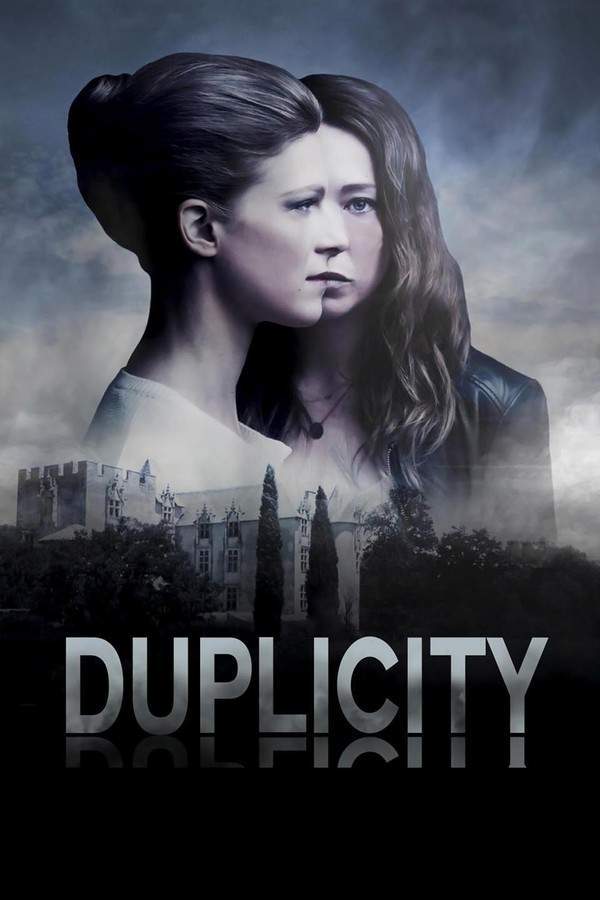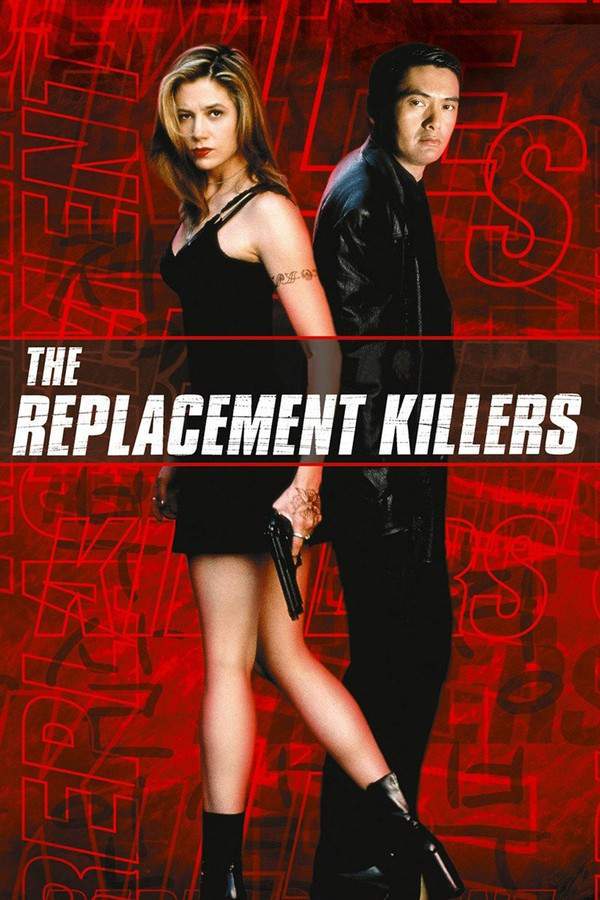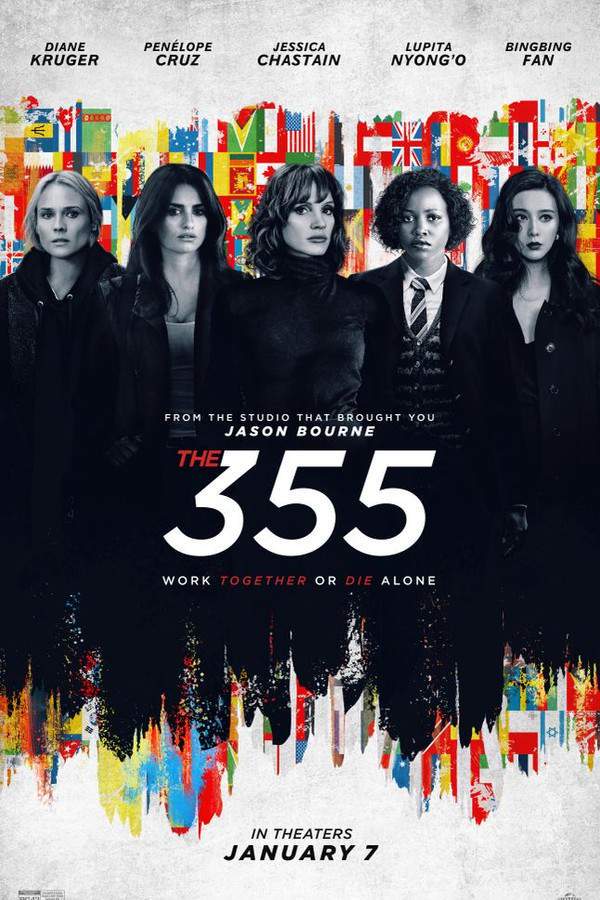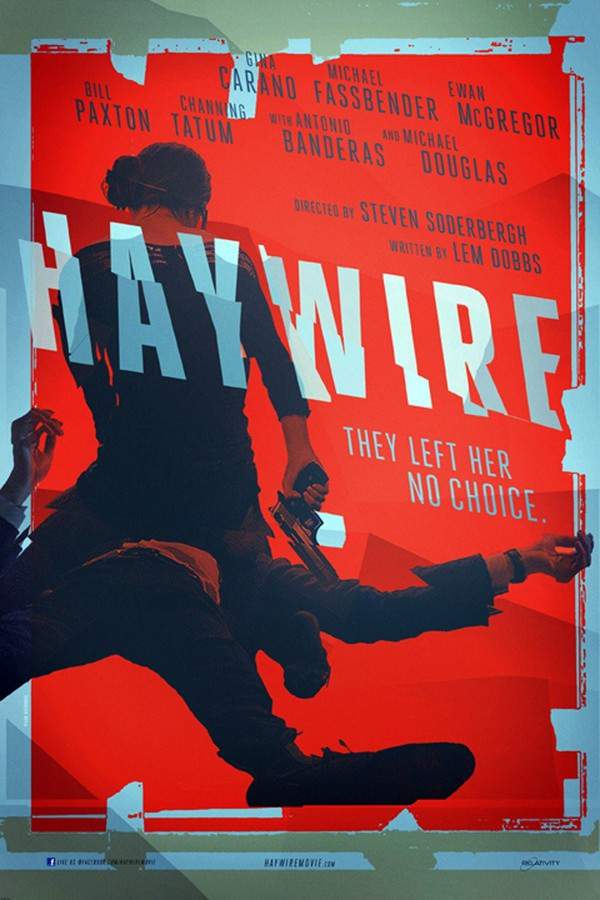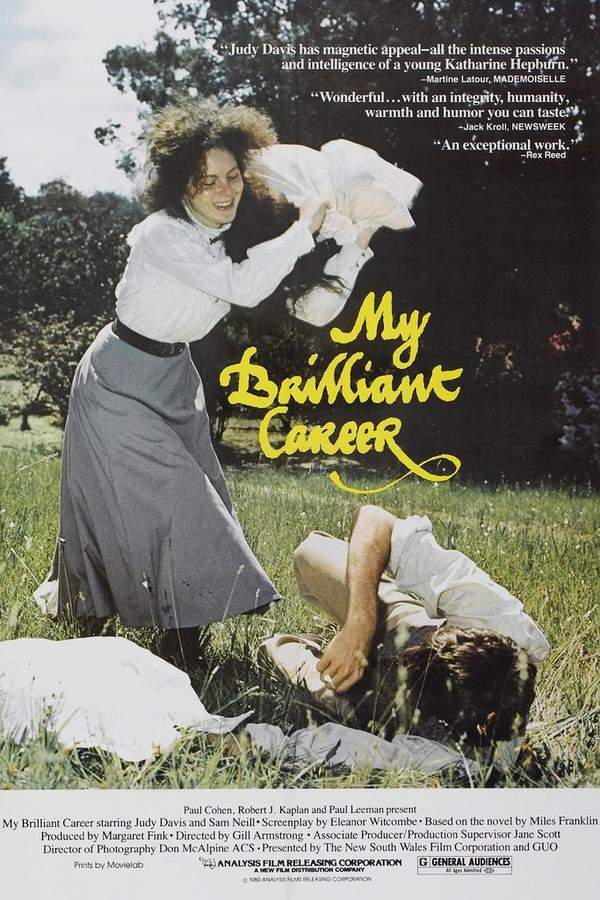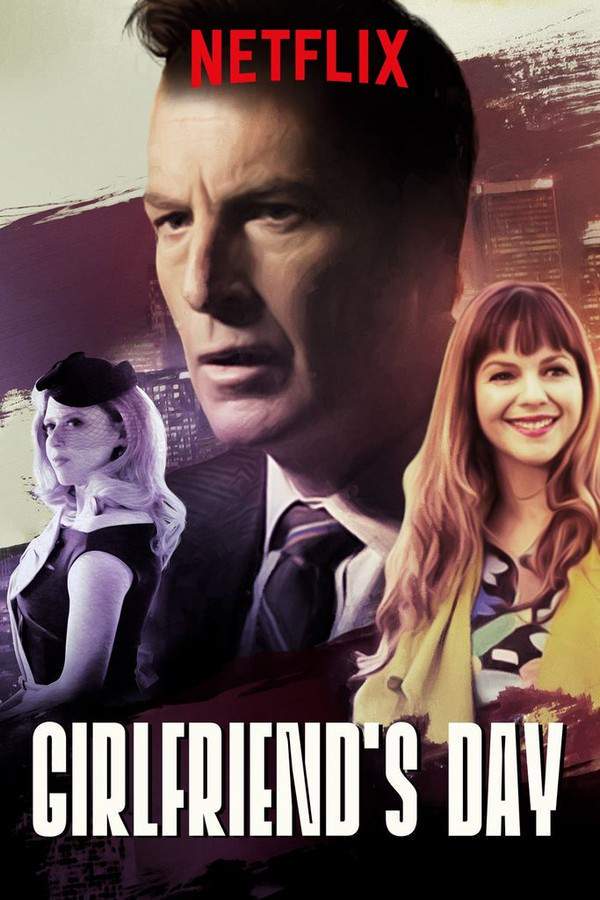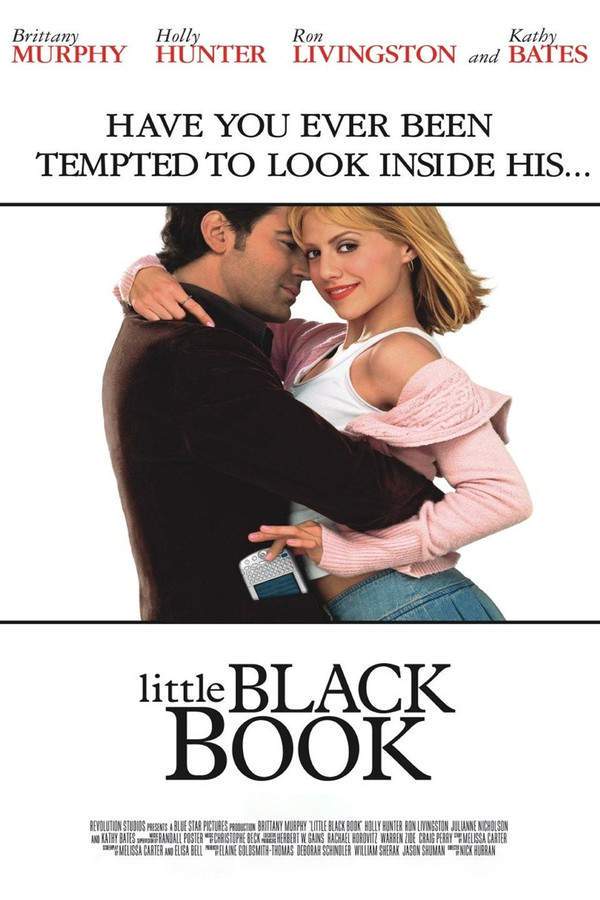
I Killed Napoleon
Year: 2015
Runtime: 90 mins
Language: Italian
In the space of twenty-four hours the life of Anita, single and brilliant manager in career, is blown away by a hurricane of trouble.
Warning: spoilers below!
Haven’t seen I Killed Napoleon yet? This summary contains major spoilers. Bookmark the page, watch the movie, and come back for the full breakdown. If you're ready, scroll on and relive the story!
I Killed Napoleon (2015) – Full Plot Summary & Ending Explained
Read the complete plot breakdown of I Killed Napoleon (2015), including all key story events, major twists, and the ending explained in detail. Discover what really happened—and what it all means.
Anita Micaela Ramazzotti is a career-driven manager at Fanelli, a pharmaceutical company, who prizes independence, precision, and power above all else. She lives with a cold, unflinching focus on success, even to the point of neglecting personal relationships. In a shocking moment, she learns she is pregnant by her boss, Paris, is promptly promoted, and then abruptly fired the very next day. This swift turn of events sets off a chain reaction that fuses ambition with vulnerability and thrusts her into a dangerous game of revenge and reinvention.
Convinced that the firing is tied to the pregnancy, Anita gathers a circle of women in a park outside the company to plot an answer. The group includes Olga [Elena Sofia Ricci], Gianna [Iaia Forte], Filippa [Monica Nappo], and Enrica [Thony], all women who have their own struggles with job loss, stress, and dissatisfaction. They are joined by Biagio [Libero De Rienzo], a shy lawyer who sits on Fanelli’s board and quietly harbors feelings for Anita. Together, they pool their experiences and resources to navigate a male-dominated corporate world, hoping to reclaim a sense of control and justice.
With Biagio’s insider access to the board and Anita’s unyielding resolve, the team uncovers signs of financial misdeeds within Fanelli tied to Paris. The plan hinges on turning this information into leverage, allowing Anita to press for changes that could topple the status quo and restore her standing. The coalition plays a careful game, exploiting the scandal to cement Anita’s return to power while reshaping the leadership around Paris. The tension between public accountability and personal vendetta drives the narrative forward as they maneuver through a web of loyalties and betrayals.
As the personal and professional collide, Anita’s life takes a dramatic turn. Her relationship with Biagio deepens, and the couple marries, welcoming a daughter named Dora, a name that carries weight and memory for Biagio’s own history. Anita begins to show a softer, more trusting side, even stepping back from a lawsuit filed by Enrica against Fanelli in a gesture she believes will stabilize their fragile new life together. Yet the true nature of Biagio’s ambition remains in question, and the veneer of harmony hides a volatile undercurrent.
Enrica, a pragmatic lawyer who has watched Anita’s ascent, becomes pivotal in exposing Biagio’s deeper lies. She reveals that Biagio has manufactured aspects of his past—his supposed parents and grandmother Dora—creating a fragile foundation for his power grabs. This revelation fractures the couple’s illusion of partnership and exposes the peril of letting manipulation go unchecked.
Meanwhile, Anita seeks support from Paris again, only to discover that the earlier dismissal wasn’t solely Paris’s decision but a collective vote by Fanelli’s board, with Biagio among those who opposed her. The truth reframes the earlier power struggle and reinforces the sense that the system itself is complicit in the cycles of deceit. In a tense sequence, Anita infiltrates a locked house from a terrace to confront Biagio, who is threatening Gianna, and a tense confrontation unfolds with the help of her friends. Biagio’s attempt to poison Gianna is thwarted, and she and the others manage to frame him, even as he makes a narrow escape.
Months pass, and the power dynamics have shifted yet again. Anita appears to be emotionally entangled with Paris, while at work she is flanked by Olga as her new secretary, and a goldfish named Waterloo presides over her office as a quiet symbol of endurance and memory. Anita is eventually re-employed at Fanelli, her leadership restored, and Biagio’s modus operandi resurges in Paris as he targets another manager, signaling that the cycle of ambition, revenge, and manipulation may continue beyond this story.
In the end, the film presents a measured, clinical portrait of ambition and resilience set against a corporate backdrop. It examines how power can corrupt, how loyalty can be both a weapon and a shield, and how a single person’s desire for control can ripple outward to affect the lives of many others. The narrative stays rooted in its characters’ motivations, painting a nuanced, morally gray landscape where revenge is attractive but costly, and where every victory leaves a stain on the victor’s soul.
Last Updated: October 03, 2025 at 06:46
Explore Movie Threads
Discover curated groups of movies connected by mood, themes, and story style. Browse collections built around emotion, atmosphere, and narrative focus to easily find films that match what you feel like watching right now.
Corporate Revenge Stories like I Killed Napoleon
Smart protagonists navigate ruthless power structures to achieve a compromised victory.If you enjoyed the strategic maneuvering and tense power plays in I Killed Napoleon, explore more movies about calculated revenge in the corporate world. These films feature sharp protagonists fighting systemic injustice and betrayal, often leading to bittersweet but hard-won conclusions.
Narrative Summary
These stories typically follow a protagonist who is wronged by a system or individual within a professional setting. Instead of brute force, they employ careful planning, manipulation of office politics, and strategic alliances to execute their revenge, culminating in a victory that redefines success on their own terms, albeit with lingering consequences.
Why These Movies?
Movies in this thread share a tense, clinical tone and a steady, methodical pacing that mirrors strategic thinking. They explore themes of ambition, betrayal, and female empowerment within cutthroat environments, resulting in endings that are more thought-provoking than purely triumphant.
Movies about Ambitious Women like in I Killed Napoleon
Stories of women achieving power, but at a significant personal price.Fans of I Killed Napoleon's exploration of a woman's ambition in a hostile environment will appreciate these similar films. Discover stories of female empowerment and power struggles where success is achieved, but the emotional cost and personal compromises create a complex, bittersweet feeling.
Narrative Summary
The narrative arc follows a determined female character as she battles external obstacles like sexism and internal conflicts like moral compromise. Her ascent is neither clean nor easy, forcing her to make difficult decisions that strain personal relationships or alter her sense of self, resulting in a finale that validates her success but questions its true worth.
Why These Movies?
These films are grouped by their shared focus on the complex price of ambition, particularly for women. They blend tense drama with moderate emotional weight, often set in professional spheres, and consistently deliver endings that are more contemplative and bittersweet than purely celebratory.
Unlock the Full Story of I Killed Napoleon
Don't stop at just watching — explore I Killed Napoleon in full detail. From the complete plot summary and scene-by-scene timeline to character breakdowns, thematic analysis, and a deep dive into the ending — every page helps you truly understand what I Killed Napoleon is all about. Plus, discover what's next after the movie.
I Killed Napoleon Timeline
Track the full timeline of I Killed Napoleon with every major event arranged chronologically. Perfect for decoding non-linear storytelling, flashbacks, or parallel narratives with a clear scene-by-scene breakdown.

Characters, Settings & Themes in I Killed Napoleon
Discover the characters, locations, and core themes that shape I Killed Napoleon. Get insights into symbolic elements, setting significance, and deeper narrative meaning — ideal for thematic analysis and movie breakdowns.

I Killed Napoleon Spoiler-Free Summary
Get a quick, spoiler-free overview of I Killed Napoleon that covers the main plot points and key details without revealing any major twists or spoilers. Perfect for those who want to know what to expect before diving in.

More About I Killed Napoleon
Visit What's After the Movie to explore more about I Killed Napoleon: box office results, cast and crew info, production details, post-credit scenes, and external links — all in one place for movie fans and researchers.


